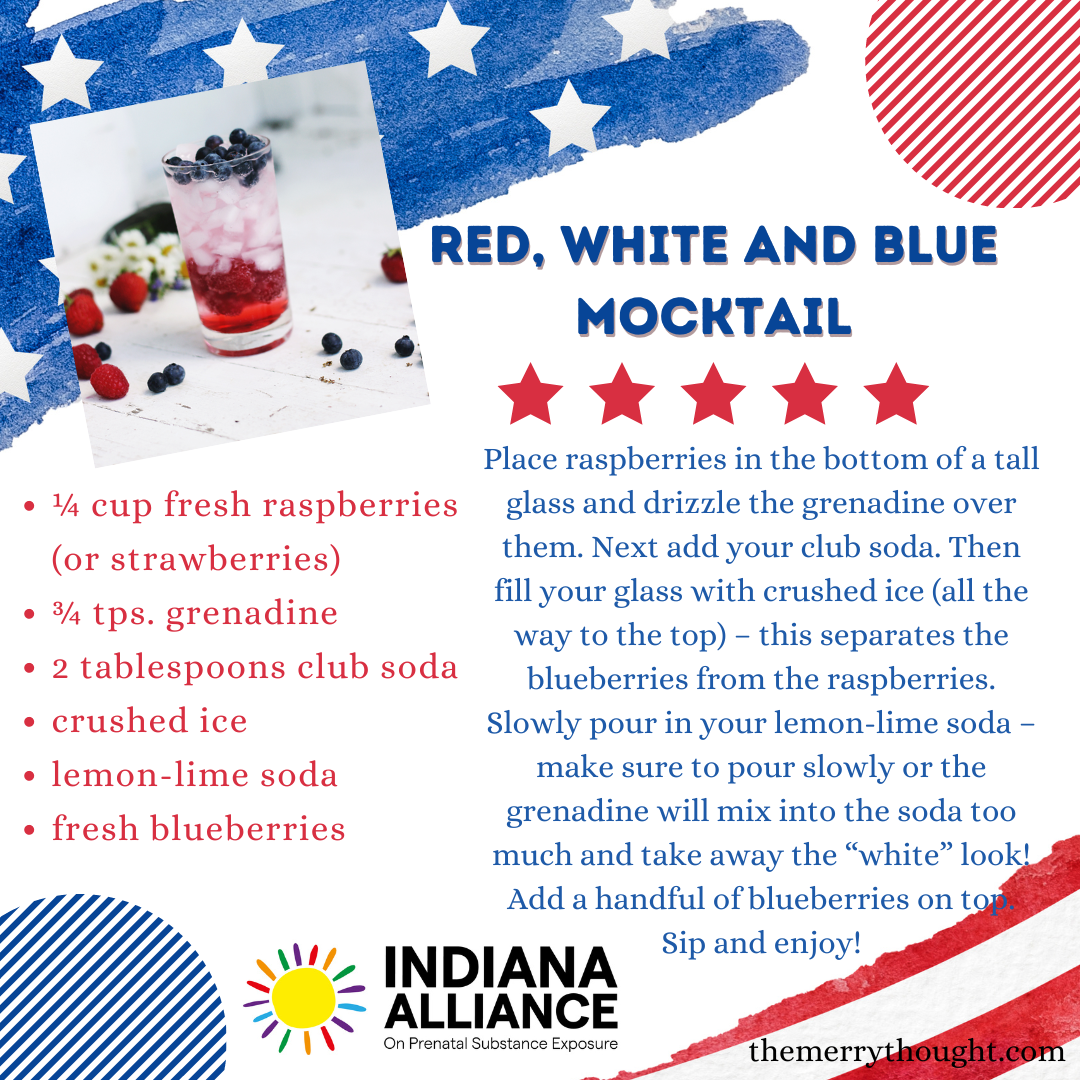A leading public health body is calling for graphic cigarette-style health warnings on bottles and cans of alcohol in the UK that would make clear the strength of each drink and the risks of exceeding the recommended limit, including for pregnant women and drivers.
In a new report, the Royal Society for Public Health (RSPH) says few people know the new alcohol limit set by England’s chief medical officer Dame Sally Davies, is 14 units per week for both men and women, down from 21 for men and 14 for women. And it accuses the alcohol trade body, the Portman Group, of a failure to warn the public by dropping its recommendation to companies to put the limit on labels since the change.
The RSPH wants mandatory warnings of the 14 units per week limit on all drinks labels, possibly with a graphic link to alcohol-related diseases like bowel and breast cancer. It also wants a prominent drink-drive warning and calorie counts, which could encourage some young people to choose lower strength drinks. Research has suggested there could be as much as a 20% swing to lower strength alcohol if young people realised the high calorie content of their drinks.
“Having a drink with friends or family is something many of us enjoy. However, the potential health consequences of alcohol consumption are more serious than many people realise,” said Shirley Cramer, chief executive of the RSPH.
“If and when people choose to drink, they have the right to do so with full knowledge of both what their drink contains and the effects it could have. Consumer health information and warnings are now mandatory and readily available on most products from tobacco to food and soft drinks, but alcohol continues to lag behind. If we are to raise awareness and reduce alcohol harm, this must change.”
Prof Sir Ian Gilmore, chair of the Alcohol Health Alliance, said the Portman Group’s weakened recommendation on labelling “clearly showed that alcohol producers wish to withhold information on alcohol and health from the public”.
However John Timothy, chief executive of the Portman Group, said research co-funded with the RSPH showed consumers did not want more information on their drinks labels. That supported the group’s voluntary approach, which included advising companies on how to include the 14 drink limit information on labels if they chose.
Credit / Sources
This article is from The Guardian, written by Sarah Bosley, Health Editor. It appeared originally on The Guardian Website.









